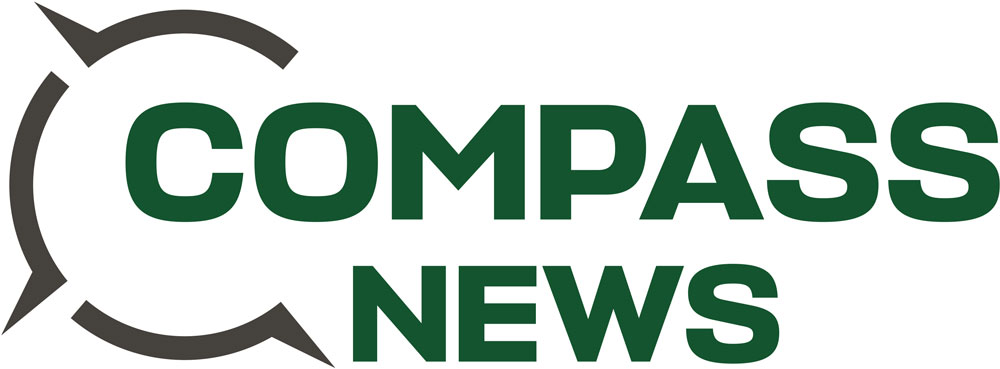Barrie councillor Clare Riepma is eager to “move forward” after receiving a reprimand and being docked more than two-weeks’ pay for violating the city’s code of conduct.
“I made a mistake — I own that. The integrity commissioner’s given her report. Council’s accepted the report,” Riepma said in an interview with the Barrie Compass. “Now it’s time to move on.”
In the first of two reports delivered by integrity commissioner Suzanne Craig, she found Reipma, 74, contravened rules when he sent a re-election campaign email to a political rival.
The complaint centred around an email sent from Riepma’s re-election campaign address to a woman who stood against him in the 2022 election. While the complainant had previously reached out to the councillor’s city email address, she had not agreed to receive emails from his re-election campaign.
“I conclude that [Riepma] used email addresses of constituents which were provided to him during his official duties for the purpose of seeking re-election,” Craig wrote, before recommending the councillor be reprimanded for his infraction.
In the second report, Craig found Riepma, a professional civic planner, undermined the independence of the city’s planning staff. According to a complaint filed by a member of the city’s staff, the councillor had pushed for city officials to reconsider calculations to determine the appropriateness of a new development in the city.
“The fact that there was no unpleasantness in the interaction between [Riepma] and planning staff, that [Riepma] did not press the issue or make further attempts to compel staff to redo the calculations, does not remove the inappropriateness of conduct,” Craig wrote before recommending the politicians’ pay be withheld for 15 days.
In a City council meeting held on October 3, the body voted to accept the integrity commissioners punishments.
This is not the first time Riepma has been the subject of a report from the city’s integrity commissioner. In March 2024, Craig found he had disclosed confidential documents to a member of the public. In that instance, the incident was found to have been unintentional and no punishment was recommended by Craig nor imposed by council.
“I accept the evidence that his disclosure was inadvertent,” wrote Craig. ” . . . Even so, his actions seriously undermined the public trust that undergirds the confidentiality requirements of closed meetings.”

